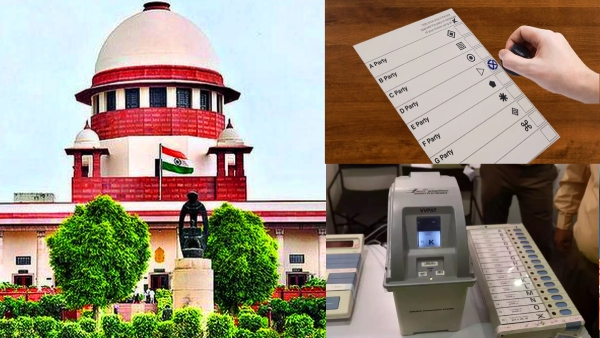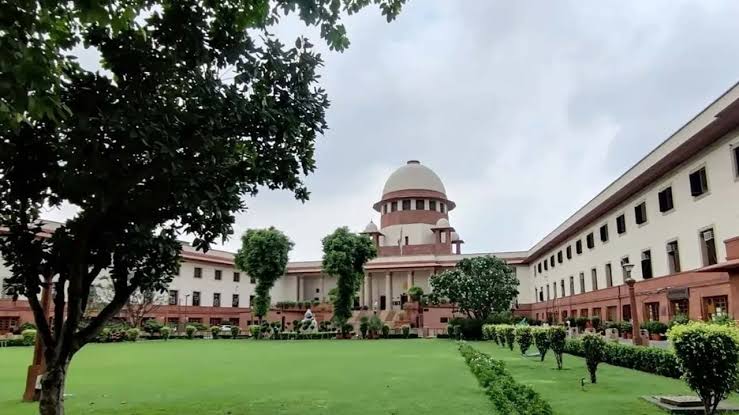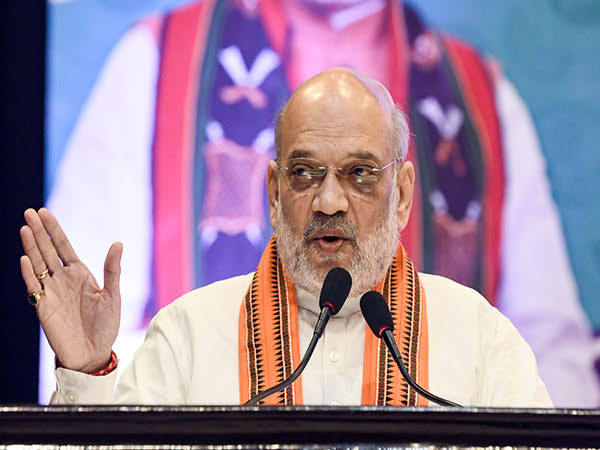In a recent hearing, the Supreme Court dismissed a petition seeking a return to paper ballots, asserting that no tampering had occurred with Electronic Voting Machines (EVMs). The petitioner, KA Paul, had argued that EVMs were prone to tampering and pointed to leaders like Chandrababu Naidu and YS Jagan Mohan Reddy, who had previously questioned the integrity of the machines.
 The Court, however, was skeptical of these claims, with the bench noting that the accusations only surfaced when these leaders lost elections. “When they win, EVMs are never questioned, but when they lose, they claim tampering,” said Justices Vikram Nath and PB Varale. “We cannot entertain these arguments.”
The Court, however, was skeptical of these claims, with the bench noting that the accusations only surfaced when these leaders lost elections. “When they win, EVMs are never questioned, but when they lose, they claim tampering,” said Justices Vikram Nath and PB Varale. “We cannot entertain these arguments.”
Paul had also urged the Election Commission to disqualify candidates for at least five years if found guilty of distributing inducements like money or liquor during elections. The Court, responding to Paul’s request, questioned his motives: “Why are you getting involved in political matters? Your work is focused elsewhere,” referring to Paul’s leadership of an organization dedicated to rescuing orphans and widows.
In support of EVMs, the Court cited the Chief Election Commissioner’s repeated reassurances about the machines’ security. Rajiv Kumar, during a poll date announcement for Maharashtra and Jharkhand, reaffirmed the reliability of EVMs, emphasizing the transparency and public participation surrounding the process. He questioned how, if EVMs were truly vulnerable to tampering, no evidence had emerged in over a decade of elections. “How much more transparent can we be?” Kumar asked, urging critics to point to any election process globally that offered comparable levels of openness.
The Court’s dismissal reinforced its stance that EVMs are secure and that calls for a return to paper ballots lacked merit.




